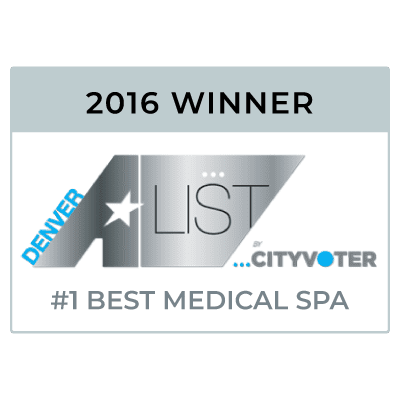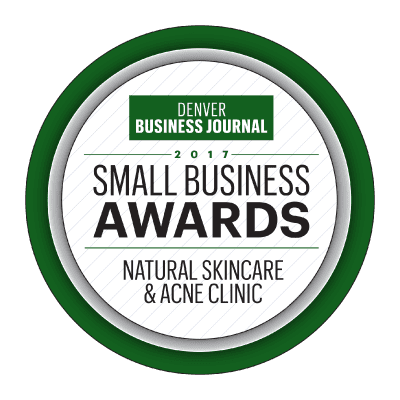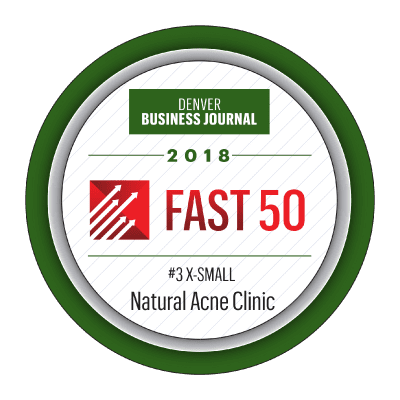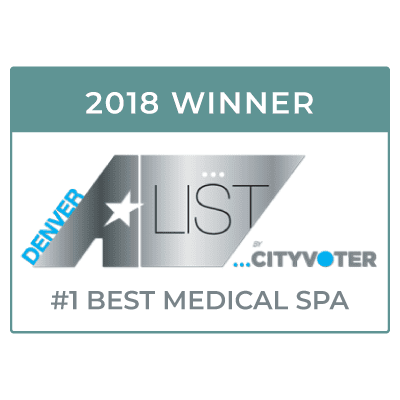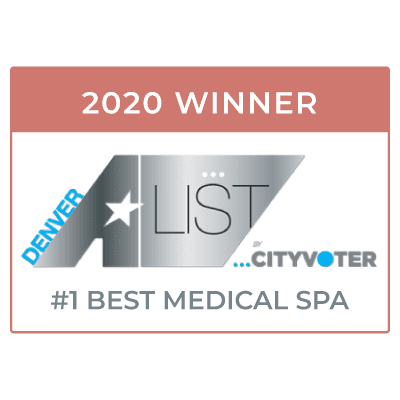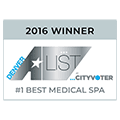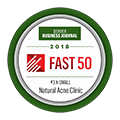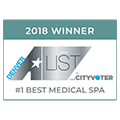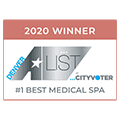Ever wonder why your acne refuses to leave, regardless of treatment? Dealing with stubborn acne can be intensely frustrating, impacting your confidence and overall well-being.
However, it's important not to give up. Your current acne treatment may not be effective for several reasons, but understanding these reasons can help you find a way to combat stubborn acne successfully.
This blog will delve into the common reasons behind persistent acne and offer strategies for addressing it. Additionally, we will guide you in selecting the most suitable acne products, such as the best face wash for hormonal acne, tailored to your skin type and specific condition.
Whether confronting persistent hormonal acne, searching for the best vitamins and supplements for hormonal acne, or trying to find the best cleanser for your skin condition, understanding the root causes is vital. Watching our "The Most Common Cause of Acne" video can illuminate this issue and guide you toward more effective management strategies.
Explore our Online Acne Program for comprehensive support, including information on vitamins, supplements, and the best probiotics for hormonal acne.
1. Incorrect Diagnosis or Treatment Approach
If your acne treatment isn’t yielding the expected results, it might be because you have an incorrect diagnosis or treatment approach.
Mistaking acne for other skin conditions or utilising treatments that don’t align with your particular type and severity of stubborn acne can lead to ineffective outcomes.
Do you know your primary acne trigger? Still struggling with an unsure self-diagnosis?
We created a short quiz to help you Discover YOUR Acne Trigger
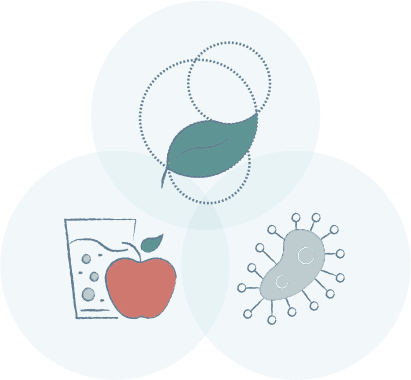
A. Confusing Acne with Other Skin Conditions
Acne is not the sole skin condition that manifests as comedones, papules, or pustules on your face or body. Various conditions mistaken for acne include:
Hidradenitis suppurativa: A chronic inflammatory condition impacting the hair follicles and sweat glands, primarily in the armpits, groin, and buttocks. It leads to painful nodules, abscesses, and scars, mimicking severe acne.
Perioral dermatitis is a rash around the mouth or nose that can potentially extend to the eyes or forehead. It is characterized by small red bumps, scaling, and itching and can resemble acne. Triggers may include topical steroids, cosmetics, or oral contraceptives.
Folliculitis: An infection of the hair follicles that can manifest anywhere on the body, resembling acne through red, inflamed, and sometimes pus-filled bumps. Causes range from bacteria fungi to irritation from shaving, waxing, or certain types of clothing.
In addition, these conditions require a treatment regimen different from that of acne. For instance, hidradenitis suppurativa may need antibiotics, anti-inflammatory medications, or surgery; perioral dermatitis could benefit from topical or oral antibiotics or anti-inflammatory drugs; and folliculitis might require antifungal or antibacterial agents based on the underlying cause. Consulting a clear skin specialist for an accurate diagnosis and appropriate treatment is crucial.
B. Mismatched Treatments
Inadequate results from your acne treatment could be due to the use of mismatched treatments for your stubborn acne’s specific type and severity. Adjusting your regimen is crucial if you're particularly interested in hormonal acne treatment, supplements, or skincare routines targeted at this variant.
- Topical medications: These include treatments applied directly to the skin, such as retinoids, antibiotics, azelaic acid, salicylic acid, or benzoyl peroxide, which are effective primarily for mild to moderate, comedonal, or inflammatory acne.
- Oral medications: Pills such as antibiotics, isotretinoin, oral contraceptives, or anti-androgens, targeting issues like oil production, bacteria, hormone regulation, or the effect of androgens on skin. These are generally suited for moderate to severe inflammatory or cystic acne.
- Procedures: Treatments involving physical or chemical skin manipulation, like extraction, phototherapy, chemical peels, or laser therapy, are beneficial for moderate to severe acne, particularly in comedonal or cystic forms, or as supplementary treatments.
Moreover, using a treatment not aligned with your acne type or severity can hinder progress. For instance, severe cystic acne may not improve with topical medications alone, necessitating a more aggressive approach like Accutane for hormonal acne. Similarly, mild comedonal acne may not require the more intensive treatments, with the proper topical solutions sufficing.
2. Inadequate stubborn acne Treatment Time and Inconsistency
Not seeing results from your acne treatment could be due to inadequate application time or inconsistency.
Remember, these treatments are not instantaneous solutions but require time and regular application for optimum results. Patience is crucial, and if you're looking for personalized guidance, our free 15-minute Clear Skin Discovery Session might offer valuable insights into your unique skin concerns.
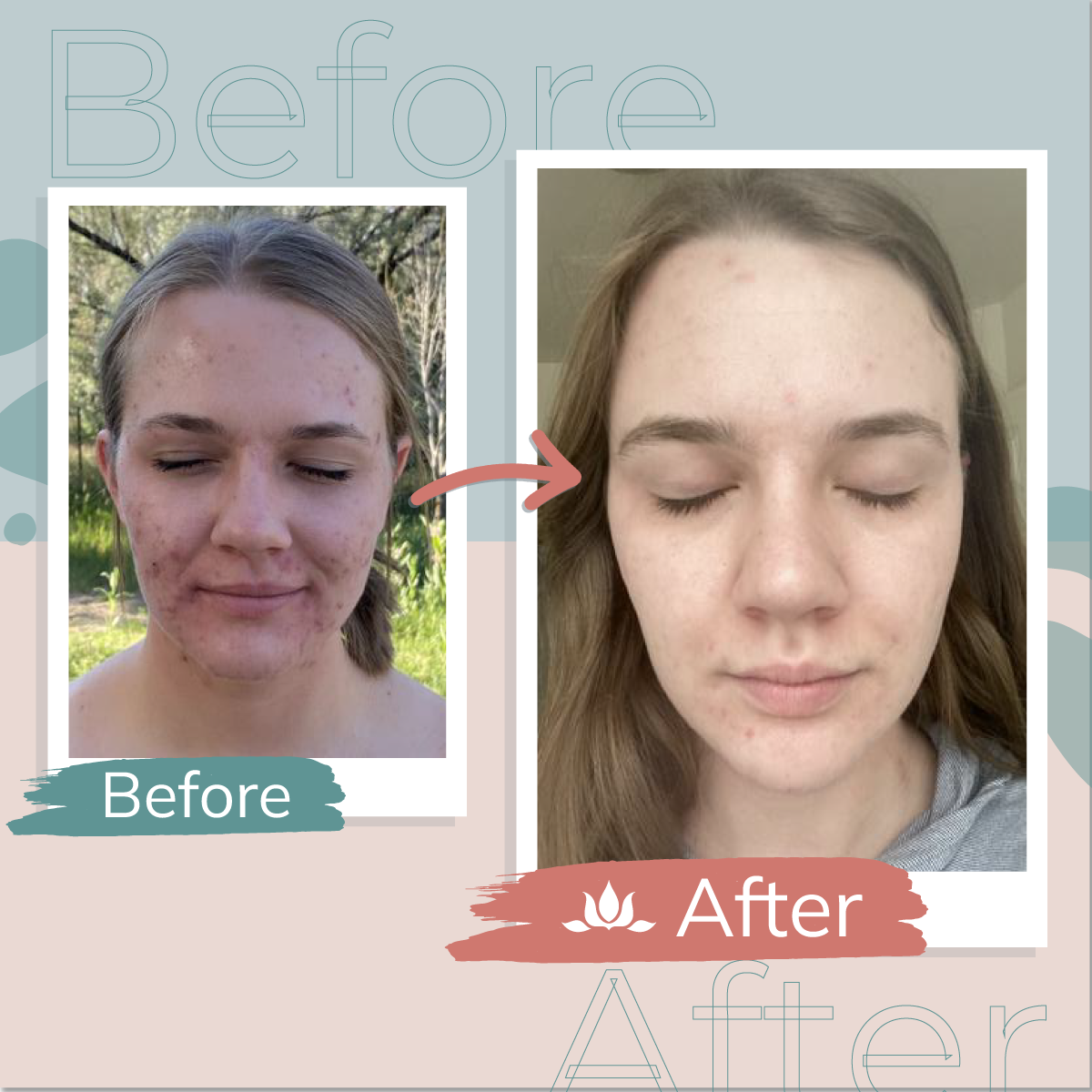
Acne treatments address various factors of acne development, including oil production, bacteria, inflammation, and pore blockages. However, modifying these factors and seeing improvement takes time.
Moreover, the timeline for noticeable changes can span several weeks to months, depending on your acne's type and severity. For instance, topical retinoids might take about 12 weeks to demonstrate significant effects, while oral isotretinoin could require up to 20 weeks. Setting realistic expectations and remaining patient during your treatment process is crucial.
It's also common for some to observe an initial increase in acne. Treatments like retinoids and benzoyl peroxide can cause skin irritation, leading to temporary acne flare-ups. Managing these side effects with gentle skincare products and appropriate treatment adjustments will help.
B. Lack of Consistency in Application
Consistent application is essential to maintaining the effectiveness of your acne treatment. Incorporating hormonal acne supplements or exploring the best vitamins for hormonal acne are steps that demand regularity to deliver results. Missing applications can diminish the treatment's impact and increase the likelihood of acne returning.
Adhere strictly to your dermatologist's prescribed method, including the dosage, frequency, and application times. Using too much or too little can irritate or decrease the treatment's effectiveness.
Apply the treatment to the entire area prone to breakouts, not only on visible pimples. This preventive approach helps manage existing breakouts and deter new ones.
Continue your treatment as directed by your clear skin specialist, even after seeing improvements. Halting treatment prematurely can lead to a recurrence. Follow through until your clear skin specialist advises stopping or shifting to a maintenance plan.
Maintain a treatment schedule using calendars, alarms, or apps for reminders. Integrating your treatment into your daily routines, such as after brushing your teeth or before bedtime, can also help you remember.
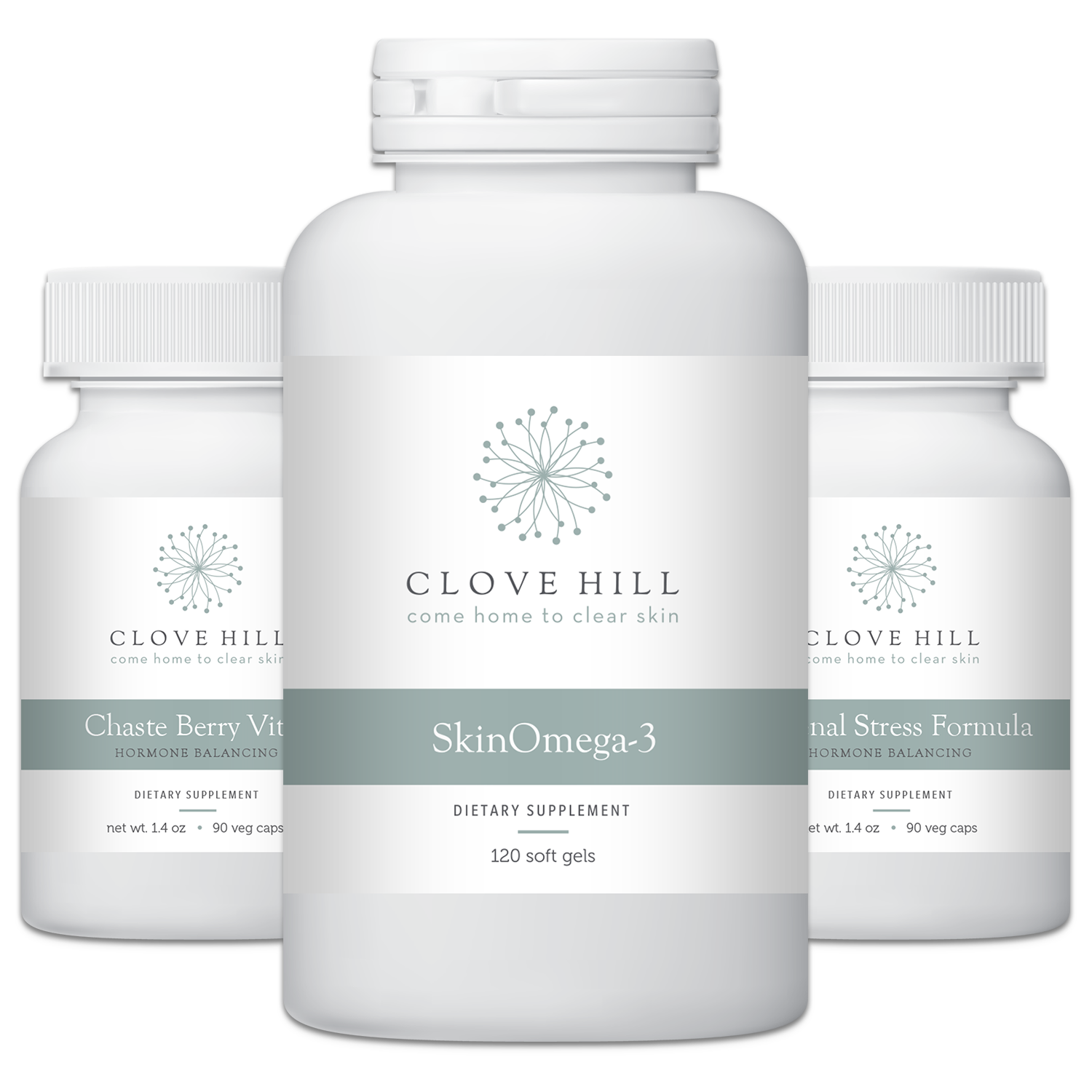
3. External Factors Affecting Treatment Efficacy
Have you ever stopped to consider whether external factors are influencing your struggle with adult acne treatment? Influences such as lifestyle and diet, certain medications, hormonal imbalances, and environmental elements like air pollution and cosmetics may substantially impact the effectiveness of your treatment strategies.
A. Lifestyle and Diet
How you live and what you eat significantly impact your skin health and the severity of acne. Dietary supplements, including the best probiotics for hormonal acne, can support gut health and contribute to a balanced skin microbiome. Essential lifestyle and dietary habits that could aggravate your stubborn acne include:
Stress: Stress is known to trigger or worsen acne. It boosts cortisol levels, stimulating oil production and inflammation. Stress also weakens the immune system, raising your susceptibility to infections. Managing stress through relaxation techniques, ensuring adequate sleep, and seeking professional support are crucial.
Smoking: Smoking hampers your skin's healing capacity, raises the chance of oxidative damage, and promotes inflammation. It also alters your skin's microbiome, impacting acne development. Reducing or quitting smoking is highly recommended.
Diet: Your diet can affect acne by influencing hormonal balance, insulin sensitivity, inflammation, and gut health. Dietary triggers for acne include:
- Choosing Low-Iodine Foods for Clearer Skin: Consuming foods with high iodine content, such as iodized salt, dairy products, and certain seafood, can elevate iodine levels, potentially stimulating thyroid activity and sebum production. Instead, choose low-iodine options like fresh fruits, vegetables, and grains.
- Dairy products: Particularly skim milk, dairy can increase insulin-like growth factor 1 (IGF-1) levels, promoting sebum production and inflammation. Moderating dairy intake or opting for plant-based milk alternatives is advisable.
- Omega-6 fatty acids: In vegetable oils, margarine, and fried foods, omega-6 fatty acids can escalate the production of pro-inflammatory agents, worsening acne inflammation. Reducing omega-6 intake while increasing omega-3-rich foods like fish, flaxseeds, and walnuts, which possess anti-inflammatory properties, is advised.
Embracing a healthy lifestyle and dietary habits can significantly enhance your skin health and the effectiveness of acne treatments.
B. Hormonal Imbalance
Medications and hormonal imbalances are significant factors in determining your skin's condition and responsiveness to treatment. Take our "acne causes quiz" to understand your situation better and tailor your treatment strategy more effectively. For instance, hormonal fluctuations, a common culprit in hormonal acne, can occur during pivotal life stages or because of underlying health issues.
Hormonal imbalance: Imbalances can stimulate sebum production and inflammation, contributing to acne. Hormonal fluctuations can occur during puberty, menstruation, pregnancy, menopause, or due to conditions like PCOS, thyroid, or adrenal disorders. Monitoring hormone levels and seeking treatment for any disorders, alongside considering hormonal therapies such as oral contraceptives or anti-androgens, can help mitigate acne severity.
Additionally, by closely monitoring your medication intake and hormonal balance, you can effectively prevent or address acne caused or worsened by these factors.
conclusıon
This blog has explored several potential reasons behind the ineffectiveness of your acne treatment, alongside strategies for improvement. The critical areas examined include:
- Incorrect diagnosis or treatment approach: The issue might stem from an incorrect diagnosis, where the condition isn't acne, or the treatment doesn't suit your specific type and severity of acne. It's essential to consult a dermatologist for a proper diagnosis.
- Inadequate treatment time and consistency: The treatment may need to work or be applied consistently. Setting realistic expectations and adhering to your treatment regimen are crucial for success.
- External factors affecting treatment efficacy: Lifestyle, diet, medications, hormonal imbalances, or environmental conditions could be aggravating your acne or diminishing the effectiveness of your treatment. Identifying and mitigating these factors is advisable, with professional assistance if necessary.
Implementing these suggestions can significantly enhance your skin condition, leading to clear and healthy skin. Acne, while common and manageable, requires the correct approach and care for effective treatment.
Acne shouldn't compromise your confidence or quality of life. Take the necessary steps now to eliminate stubborn acne once and for all.
